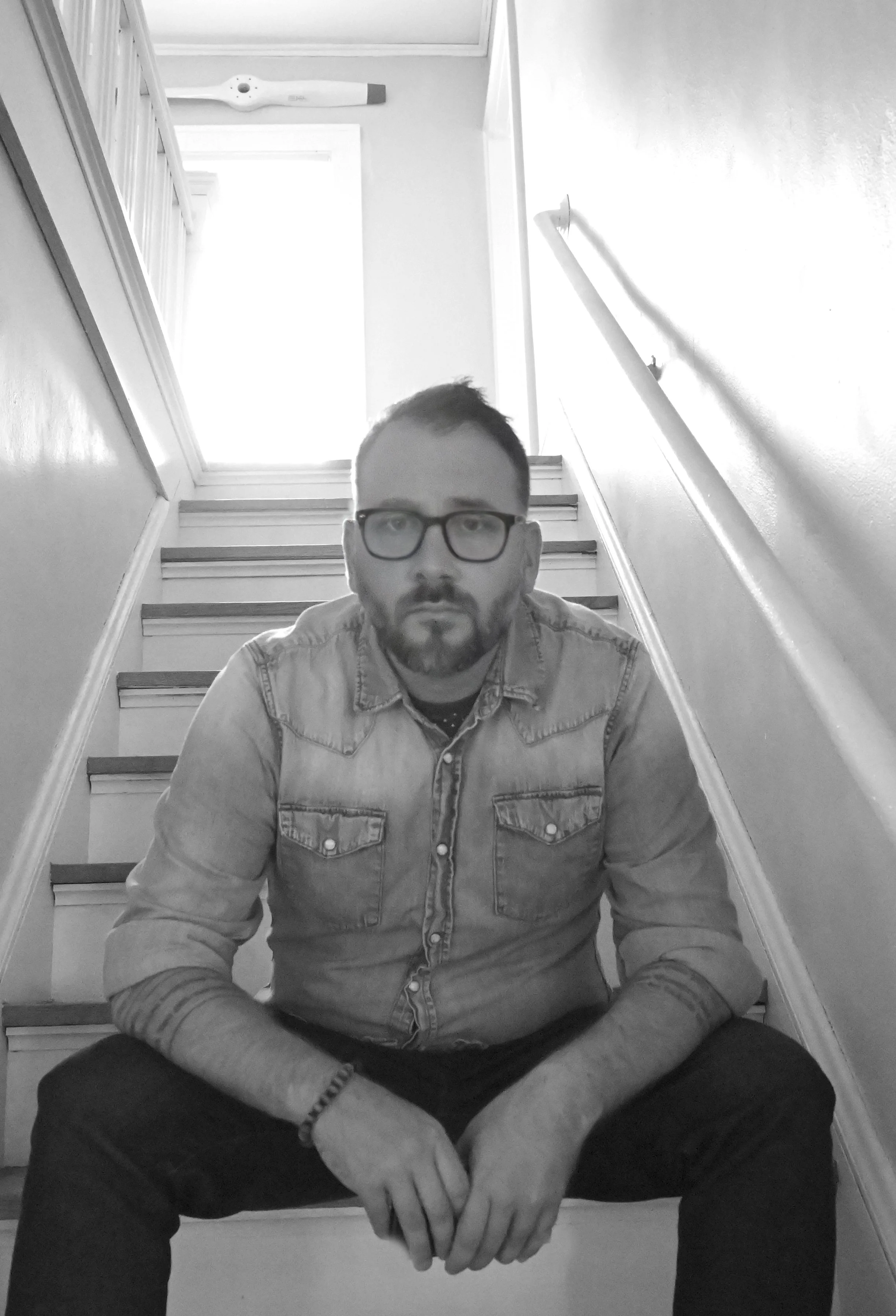A Reimagining of Ibsen for the Immersive Age
This new adaptation of An Enemy of the People reinterprets Ibsen’s classic as an interactive, audience-driven experience. Departing from traditional linear staging, the production invites audience members to navigate the story at their own pace—uncovering scenes, forging connections, and shaping meaning through choice. Structured like a narrative scavenger hunt, the performance centers audience agency as a primary mode of engagement through the framing of a timeshare investment seminar.
By dissolving the boundary between spectator and participant, the adaptation investigates how immersive strategies can revitalize canonical texts for contemporary audiences. The project’s core research objective is to examine how such techniques not only deepen engagement but also broaden access - particularly for those who may feel excluded by conventional theatrical forms. In parallel, it proposes a model of low-cost, high-impact interactive and immersive performance that offers practical potential for small companies and sustainable theatre-making.
Then and Now: Environmental Crisis Onstage
Henrik Ibsen’s 1882 An Enemy of the People presents a town in turmoil after a doctor discovers that the local springs—central to its economy—is contaminated. The community is faced with a stark choice: reveal the truth and risk collapse, or conceal it for financial survival. This tension between public health and economic interest remains strikingly relevant today, echoed in real-world crises from the water contamination in Flint, Michigan to the ongoing environmental injustice of Louisiana’s “Cancer Alley.”
This adaptation builds on Ibsen’s legacy of socially engaged theatre by weaving first-person testimony from contemporary environmental disasters into the fabric of the original play. By merging historical fiction with real-world accounts, the production collapses temporal boundaries, inviting audiences to experience the material not just as a reframed period piece, but as an evolving commentary on environmental accountability—and a confrontation with the systems that still determine who bears the cost of silence.
Immersive Theatre as Sustainable Practice
As a PhD candidate, my research investigates how immersive theatre can support sustainable, community-centered models for regional performance—particularly in a moment of economic instability, shrinking audiences, and widening cultural disconnection within the American theatre landscape. Framed through the concept of Theatre Without Walls, this work proposes an alternative paradigm: one that decouples theatre from high-overhead infrastructure and reimagines it as a flexible, civic practice rooted in dialogue, adaptability, and local storytelling.
This project responds directly to the ongoing crisis facing regional theatre in the United States, where traditional models—often dependent on large, permanent venues and subscription-based funding—have become increasingly untenable. Drawing inspiration from immersive forms and cross-cultural performance traditions, the production seeks to transform a canonical text into a participatory platform: one that invites audiences not just to observe, but to engage, interpret, and co-create.
A central aim of the work is to develop strategies that welcome new audiences—particularly those who may find conventional theatre spaces inaccessible, exclusionary, or irrelevant. While immersive and interactive productions have been hailed as a potential lifeline for live theatre, their current implementation often requires significant capital, urban infrastructure, and ticket prices that limit access. This project explores how immersive models can be scaled to smaller budgets and local venues, offering a practical template that early-career artists and under-resourced companies can adapt. In doing so, it contributes to a broader vision of theatre that is both innovative and equitable—responsive to place, people, and possibility.
About me
The goal of my work is to remind everyone that theatre is an event.
I am passionate about exploring the dynamic relationship between the audience and the playing space—seeking those rare, liminal moments where art fosters a true sense of immersion. For me, this goes beyond pulling audiences on stage or breaking the fourth wall. It’s about creating a shared investment, a space where active participation transforms the experience. My work is rooted in crafting atmospheres that evoke instinctive, emotional, and intellectual responses— I prefer in that order.
Born and raised in Missouri, my journey in theatre began with a B.S.Ed in Speech and Theatre Education from Missouri State University. While there, I launched my first major venture: Springfield 2nd Stage, a 150+ seat black-box performance space. This early chapter as Producing Artistic Director laid the groundwork for my passion for innovation and storytelling.
Eager to expand my horizons, I took a leap of faith and moved to Portland, Oregon, where I founded The Factory Theatre and pursued my M.F.A. in Directing at the University of Portland. Over the next nine years, I collaborated with incredible artists, theatres, and companies, continually honing my craft as an artist and a leader.
Driven by a desire to deepen my knowledge of artistic leadership, I moved to Detroit, Michigan, where I earned an M.F.A. in Theatre Management at Wayne State University while working as their marketing lead for the department. The COVID-19 pandemic challenged me to adapt, leading to the creation of The Theatron Project, an exploration of digital performance forms. This project opened new avenues for connection and creativity in a time of great uncertainty. Afterward, I transitioned to Milwaukee, Wisconsin, where I worked with Milwaukee Repertory Theatre and Milwaukee Film in various marketing and leadership roles. Currently, I’m pursuing a Ph.D. in Interdisciplinary Theatre Studies at the University of Wisconsin-Madison, furthering my research and practice at the intersection of theatre and innovation.
Throughout my career, I’ve embraced various roles—director, producer, educator, mentor, and marketer. What ties them all together is my belief in the power of collaboration. Whether guiding a creative team, advising students, or leading organizational change, I thrive in positions that allow me to empower others, foster innovation, and create meaningful connections.
I believe success in the arts requires versatility—an ability to “wear many hats” and a deep understanding of both the artistic and administrative sides of theatre. My experiences have made me a better artist and a more empathetic listener, an effective leader, and an advocate for success within creative communities.



